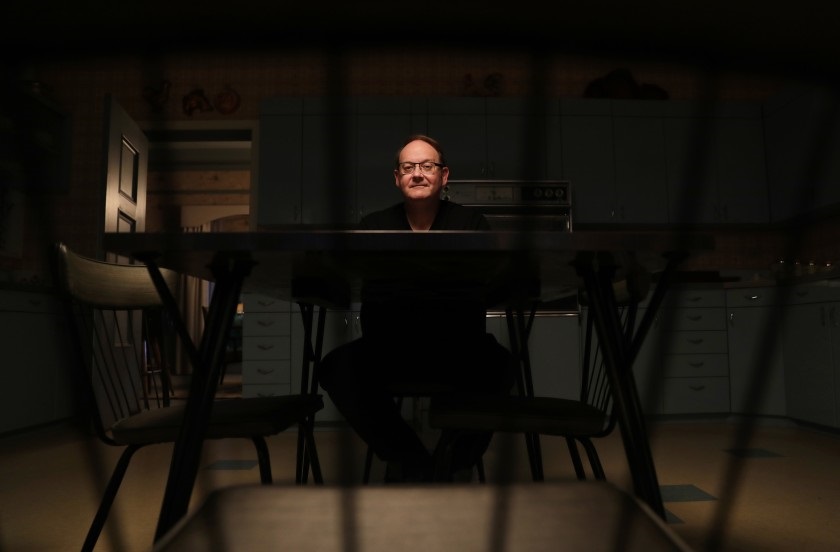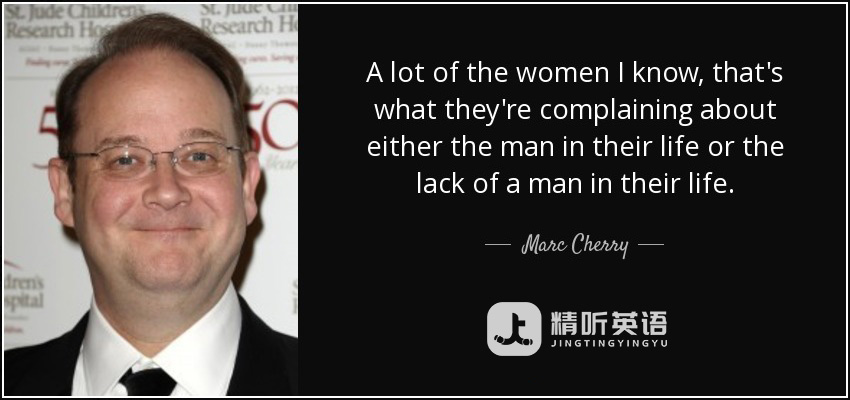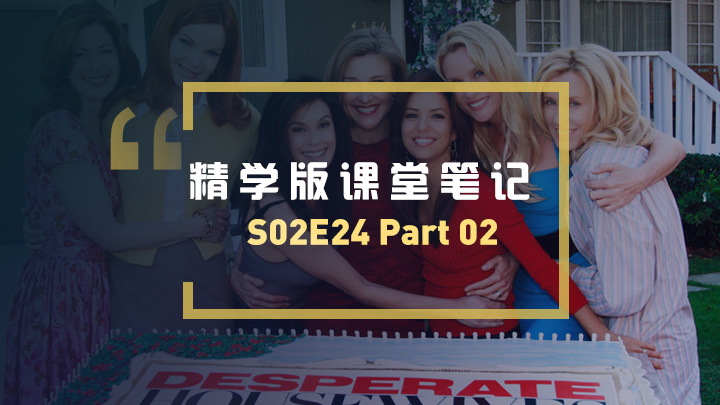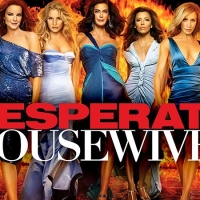
Desperate Housewives’ Marc Cherry: ‘They know they are in for a ride’
The executive producer on the controversy surrounding his new series, Devious Maids, and what he thinks of Downton Abbey
When Desperate Housewives creator Marc Cherry had finished the pilot for his new show, Devious Maids, he was given a DVD of Downton Abbey as a 50th birthday present.
Cherry was concerned that the series, a Beverly Hills “upstairs, downstairs” tale, might be too similar to Julian Fellowes’ creation. He need not have worried, given that the opening three minutes of the drama feature accusations of rape and adultery, and a murder, with a body found floating the wrong way up in a swimming pool.
Downton Abbey – despite recent controversy – it is not: Devious Maids unfolds in a universe little different from that of Desperate Housewives. Viewers are invited, in its creator’s words, to enjoy “a lovely trip through Marc Cherry land”.
“I put the DVDs in with some trepidation but of course it was very different. I love that show, I’m a big Julian Fellowes fan and Gosford Park is one of my favourite movies,” says Cherry. “Hopefully my tone sets it apart. The audience know they are going to be in for a ride; we are going to tackle some social issues, but in a very irreverent way.”
If Devious Maids, starring Ana Ortiz (Hilda Suarez from Ugly Betty), feels like a telenovela, there is good reason, since it’s an adaptation of Mexican TV hit Ellas Son la Alegría del Hogar (“They Are The Home’s Joy”), itself heavily influenced by Desperate Housewives.

Cherry’s immediate response, when offered it, was to say: “No thanks. I’ve already done that.” But the show kept nagging away, partly because it reminded him of working as an assistant to actor Dixie Carter in Hollywood as an aspiring writer in the 1980s.
Plus Cherry, who once said he would never do another TV series, had signed a new deal with Desperate Housewives’ producer, ABC Studios, and promised them another show.
“I kept thinking how much it was like when I was working with Dixie Carter and [her husband] Hal Holbrook in Bel Air,” he remembers. “People didn’t necessarily see me as I saw me, a 26-year-old kid hoping and praying I would do something with my life. It was interesting to be on the downstairs of the upstairs-downstairs relationship.”
But despite Cherry’s empathy with the lead characters, the show was criticised in the US for perpetuating stereotypes of Latina women, with its portrayal of five Hispanic maids who clean (and scheme) while working for rich, white families in Beverly Hills.
The author Michelle Herrera Mulligan branded it an “insulting disgrace” and a “tremendous disservice” to the 20 million-plus Latina women in the US.
“At the end of the day it all came down to the job they were doing,” says Cherry. “Some people thought it was wrong that Latin American women were working as maids and I said, well, there are Latin American women who work as maids.
“We look at issues and experiences from their point of view. Too often [TV] shows rich white people and the only Latin faces are the maids in uniforms who set down the plate of food and leave.
“We follow that maid and see that maid’s reaction to what’s going on. That takes it out of the realm of stereotypes and becomes something far more important. Some people see the world through politically correct glasses and there is nothing you can do to change their mind.”
Cherry also recruited Desperate Housewives star Eva Longoria as an executive producer. Born in the US to Mexican-American parents, Longoria said the show’s premise was a “reality so why not tell their story and their point of view”.
Cherry made his name (and fortune) with Desperate Housewives, which came to an end after eight series last year. The frequently preposterous tale of a group of suburban women, as told through the eyes of their dead neighbour, it spawned its own soap opera in the press with tales of rivalry between the stars.
Most sensational of all was the long-running multi-million-dollar lawsuit filed by the actor Nicollette Sheridan after she was written out of the series. It is made clear, before we speak, that the topic is strictly off-limits.
Cherry says he became aware of the global impact of the show when he travelled to London in 2005 and read a review of a production of Hedda Gabler describing her as the “original desperate housewife”.
Just a few years earlier Cherry, a former writer and producer on the sitcom The Golden Girls, had been forced to borrow money from his mother (on whom he based Desperate Housewives’ Bree Van De Kamp) after a string of sitcom flops. His luck changed when he moved agents (his previous representative was jailed for embezzling) and the Desperate Housewives pilot was picked up by ABC after two years of trying.
Although Cherry was credited with helping to turn around the fortunes of the network, the gratitude didn’t extend to ABC greenlighting a full run of Devious Maids after it commissioned a pilot.
The show was subsequently picked up by cable and satellite channel Lifetime, part of A+E Networks, jointly owned by the ABC owner Disney and Hearst. It was recommissioned after the first run finished with 3 million viewers, its fastest growing drama.
The UK rights were bought by Discovery-owned TLC, where its first episode had a combined consolidated audience of 237,000. The overnight audience for the debut screening of its launch episode earlier this month, 65,000, was a fraction of those of the mainstream channels but more than double (122% up) TLC’s slot average. Susanna Dinnage, general manager of Discovery UK and Ireland, said the show had instant appeal for the channel’s female-skewed audience, with an average age of 38, who she described as the “Desperate Housewives generation”.
“I can honestly say it was never fully explained to me why [ABC] didn’t pick it up,” says Cherry. “But I knew we had such a strong cast and there were a couple of things in the pilot we needed to correct, including one storyline which we rewrote completely from scratch.”
Although Kevin Spacey called for networks to drop their obsession with pilots in his MacTaggart lecture at Edinburgh, Cherry disgrees. “I think you can learn a lot from the pilot process,” he says. “Do executives sometimes meddle too much? Sure. It’s a matter of taste.”
California-born Cherry, who was once characterised as a “somewhat conservative, gay Republican”, says the description still applies and is scathing about the budget impasse which led to a US government shutdown.
“I have never seen so many adults acting like children,” says Cherry. “I don’t think anyone won or lost, it just made everyone look silly. Most Americans have little or no regard for people in Washington and that did nothing to change it.”



